- IDP China>
- 课程库>
- 艺术与设计>
- 艺术、视觉与表演>
- 艺术管理>
- Ontario College Graduate Certificate in Cultural Heritage Conservation and Management
文化遗产保护与管理研究生证书
Ontario College Graduate Certificate in Cultural Heritage Conservation and Management

学历文凭
Graduate Certificate

专业院系

开学时间

课程时长

课程学费

国际学生入学条件
IDP—雅思考试联合主办方

雅思考试总分
6.5
- 雅思总分:6.5
- 托福网考总分:88
- 托福笔试总分:577
- 其他语言考试:PTE Academic (Pearson Test English) - 56 plus Duolingo - 120 plus
CRICOS代码:
申请截止日期: 请与IDP联系 以获取详细信息。
课程简介
The fundamental role of the conservation professional is to preserve and conserve, as appropriate, cultural property for present and future generations. We have a lot to learn from the experiences and events of people who have gone before us. However, we can't learn much from the past if we don't have records of it. Imagine how much history is lost to us when an ancient artifact is destroyed by perfectly well-meaning people who want to save it.This two-year Ontario College graduate certificate is an intensive, fast-paced learning experience that you will undertake in four consecutive semesters. You'll start your classes in September and spend your first three semesters, during the fall, winter and summer, at the college. Following your introduction to the field of conservation, you will gain valuable, applied and skills-based experience in the care and handling of most common museum materials, including ceramics, glass, stone, metals, wooden objects, leather and proteinaceous materials, textiles, works of art on paper, books, archival materials, photographs and modern materials.
相关申请
 预科
预科 奖学金
奖学金 实习机会
实习机会 在校学习
在校学习 跨境学习
跨境学习 校园授课-线上开始
校园授课-线上开始 在线/远程学习
在线/远程学习
开学时间&学费
学费信息仅供参考,请与IDP联系以获取详细信息
| 开学时间 | 时长 | 学费 | 地点 |
|---|
关于弗莱明学院

弗莱明学院成立于1967年,在课堂内外提供了真正的加拿大经验。校区位于历史名城彼得伯勒、林赛和哈利伯顿,这些城市是安大略省著名的旅游胜地。学生们将拥有城市生活的所有优势,而大自然就在他们的家门口,学生可以享受本省的大湖、森林与平原的壮丽自然景观。它是安大略省最早的应用艺术和技术院校之一,以桑德福-弗莱明爵士的名字命名,他是一位出生于苏格兰的工程师和发明家,设计了加拿大第一条横贯大陆的铁路,并发明了世界标准时间,这个系统至今仍被用来告诉世界各地的时间。学院提供全面的职业培训课程组合,从学徒到研究生课程一应俱全。课程包括实用护理、药剂技师、生物技术、木工装修、管道工、电气技术、数字营销、人工智能、计算机安全调查、心理健康与成瘾、幼儿教育、环境土地管理、可持续农业等。班级规模小,旨在实现个性化学习。学生有机会与教师建立深厚的联系,并从指导中获益,而这种指导可以延伸到学业之外。学院的课程设计旨在满足雇主的需求。理论学习和实践学习内容都在不断更新,以应对行业的新兴趋势和变化。学生可以通过多种不同的方式将他们所学的知识付诸实践,包括实验室、实地训练营、模拟、工作或合作实习,应用或社区项目。事实上,95.7% 的雇主对学院毕业生的就业准备表示满意或非常满意(关键绩效指标调查)。
本校相关课程
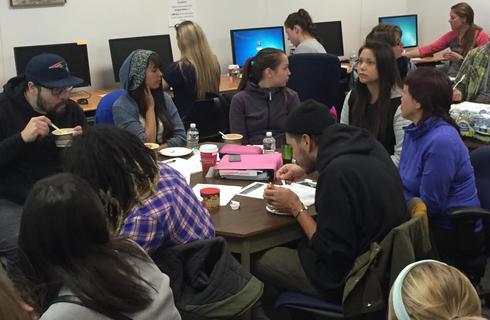
绘画证书
学历文凭
Bachelor Degree
开学日期
课程费用总额


资源钻井技术员文凭(可选合作社)
学历文凭
Bachelor Degree
开学日期
课程费用总额

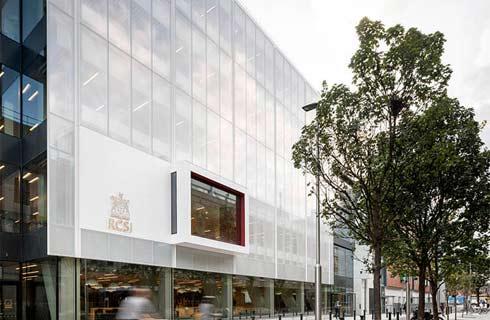
康乐及休闲服务文凭
学历文凭
Bachelor Degree
开学日期
课程费用总额

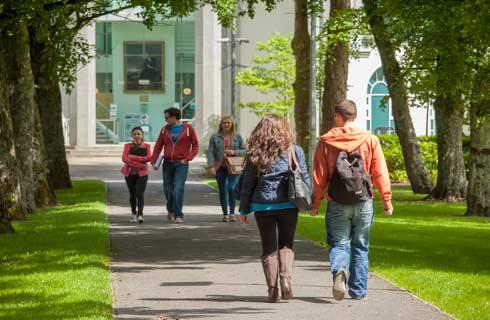
保健前科学进阶文凭和学位课程的途径
学历文凭
Foundation for Undergraduate
开学日期
课程费用总额

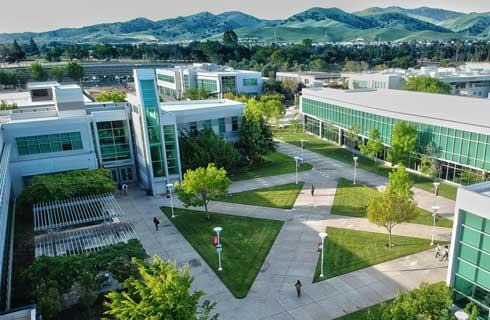
警察基金会文凭
学历文凭
Bachelor Degree
开学日期
课程费用总额

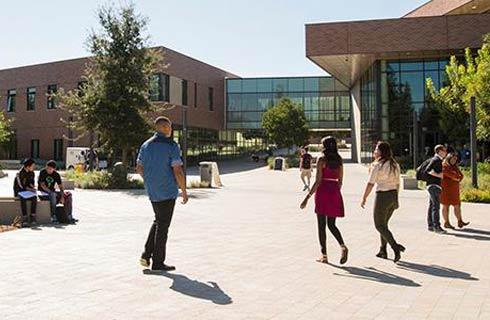
机械技术证书-水暖
学历文凭
Bachelor Degree
开学日期
课程费用总额

其他相关课程

Master of Science in Integrative Studies - Cultural Heritage and Resources Management
南伊利诺斯大学艾德华兹维尔分校
学历文凭
Masters Degree
开学日期
课程费用总额

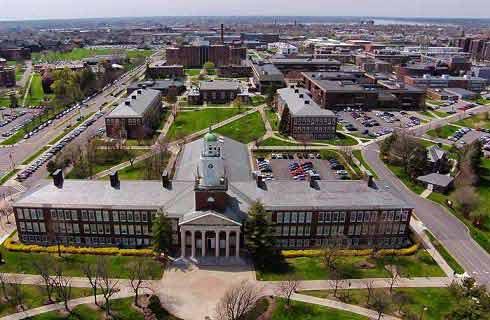
Bachelor of Global and International Studies in Globalization, Culture and Power (Honours) [Specialization]
 卡尔顿大学
卡尔顿大学泰晤士高等教育世界大学排名:511
学历文凭
Bachelor Degree with Honours
开学日期
课程费用总额

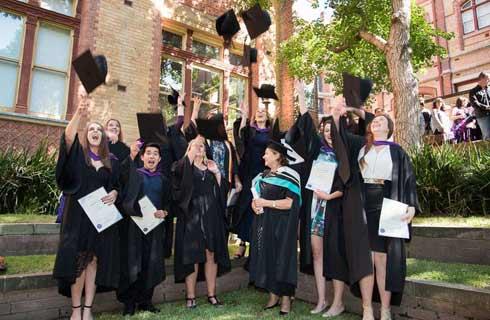
Bachelor of Science in Interdisciplinary Studies - Renewable Energy and Biofuels Technology
 西伊利诺伊大学
西伊利诺伊大学学历文凭
Bachelor Degree
开学日期
课程费用总额

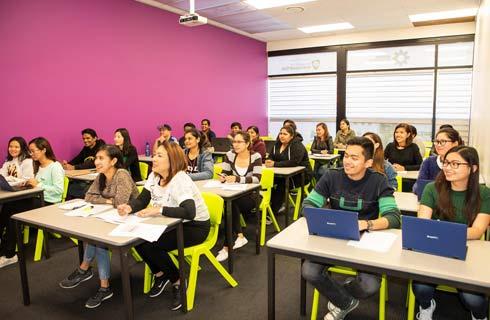
Undergraduate Certificate in Cultural Competence for Professionals
 加利福尼亚州立大学洛杉矶分校
加利福尼亚州立大学洛杉矶分校学历文凭
Advanced Certificate
开学日期
课程费用总额

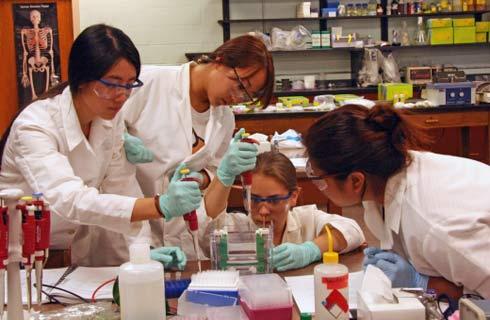
Bachelor of Arts in Interdisciplinary Studies - Renewable Energy and Biofuels Technology
 西伊利诺伊大学
西伊利诺伊大学学历文凭
Bachelor Degree
开学日期
课程费用总额

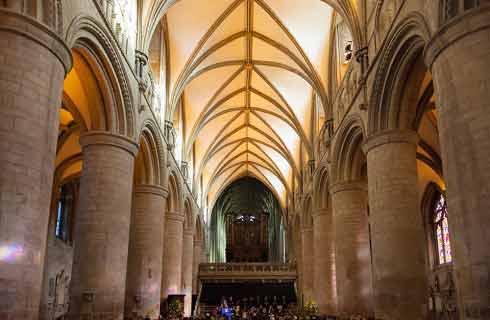
Certificate in Tribal Governance
 阿拉斯加大学费尔班克斯分校
阿拉斯加大学费尔班克斯分校学历文凭
Advanced Certificate
开学日期
课程费用总额










